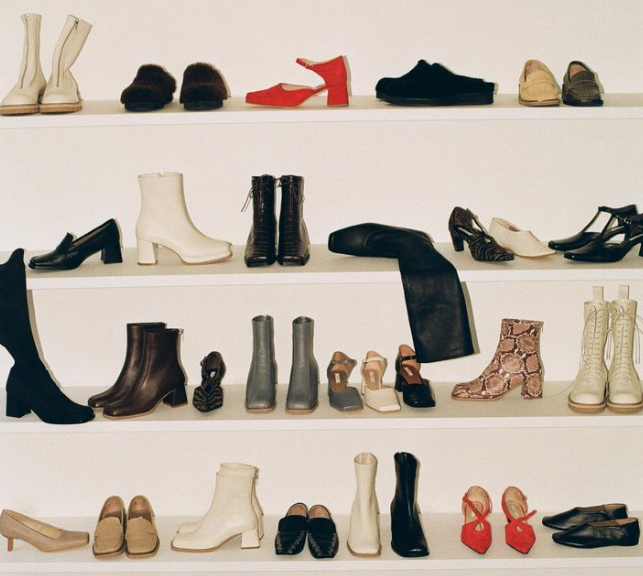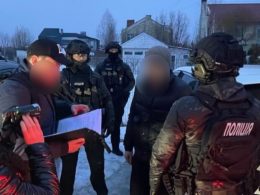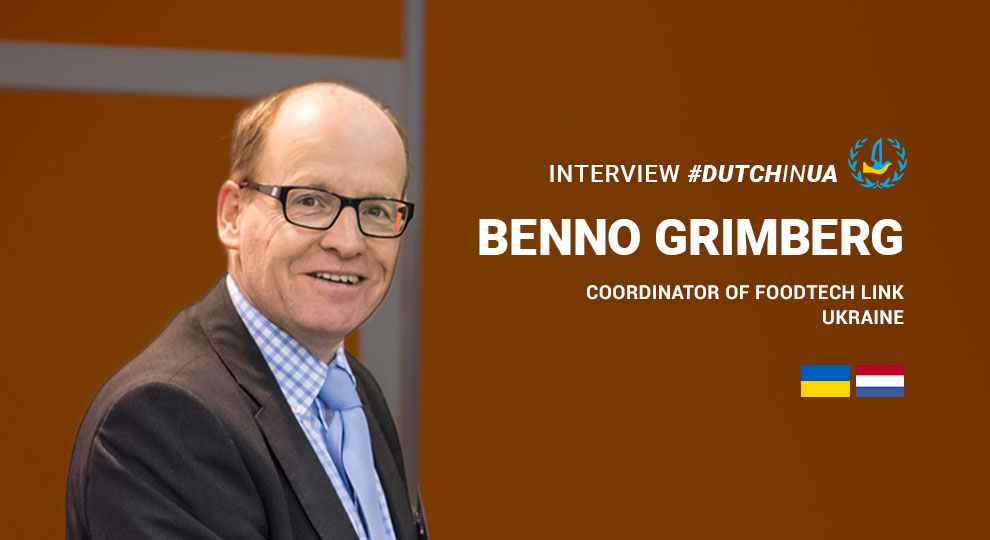Nearly 41% of Ukrainian businesses identify their top winter task as functioning through winter power outages, according to a survey of top managers in Ukraine conducted by Gradus Research from 22 September to 5 October 2023.
The survey also showed that the main problems for businesses in Ukraine are the lack of orders (38%) and the lack of sales markets (30%). Since the decline in sales cuts into Ukrainian companies’ revenues, this creates considerable difficulties in providing alternative electricity supplies for business operations if Russia launches attacks on Ukraine’s critical infrastructure.
Yet it won’t be the first time for Ukraine. In the winter of 2022-2023, businesses faced the wartime challenge for the first time. Russia attacked critical infrastructure across Ukraine throughout the heating season. However, Ukrainian businesses continued operating despite frequent power outages. They bought generators, optimized work processes, reduced product lines, and some even had to reduce employees. Businesses focused on maximum savings and daily control of utility costs (electricity, gas, water).
Moreover, during all of 2022, amid Russia’s full-scale invasion, approximately 202,000 individual entrepreneurs opened in Ukraine, according to Forbes. This is slightly less than in the previous year, when about 270,000 businesses opened, as per a service based on open data, YouControl.
The heroic efforts at trying to keep the lights on despite often daily attacks, brought varying results, with the experience of the country’s fashion industry illustrating the effects of war.
The Ruslan Baginskiy brand (RB) was founded in 2015 in Lviv, Ukraine. Soon after, the company moved its production to Kyiv. However, in March 2022, the Ukrainian fashion brand in the bombarded city picked up and returned to its hometown. The team members said it was the most challenging time for their company.
“In March 2022 we resumed work in Lviv, Ukraine, step by step. We found accommodation for employees [100 employees at that time]. We brought equipment and fabrics from Kyiv. We rented a production facility,” RB wrote on Instagram.

RB told The New York Times during Russian attacks on Ukrainian critical infrastructure last year, “Rockets still come and destroy our infrastructure, the power cuts out constantly, you sit for hours in dark shelters. It makes it hard to keep going. But we do. Because to show the world what “Made in Ukraine” means.”

The other brand, FROLOV, and its team were based in Kyiv until February 2022. When Russia began its full-scale war on Ukraine, they stopped production, and part of the team temporarily evacuated to western Ukraine. A month later, in April 2022, the company resumed production in Kyiv.

Searching for safety but determined not to leave Ukraine, both RB and FROLOV were among the businesses that were uprooted amid the war.
“The main stakeholders for the Ministry of Economy are Ukrainian businesses that have stayed in the country, pay taxes, give jobs, and try to develop, despite martial law … It is important that Ukrainian businesses work because it is the taxes and fees they pay that fund our army and the purchase of weapons. Supporting Ukrainian business is a matter of our country’s survival,” said Yulia Svyrydenko, Ukraine’s Minister of Economy, at the Kyiv International Economic Forum in October 2023.
For the brand Anna October, the war sparked a forced mini-globalization of the company’s operations. Founded in Odesa in 2010, Anna October was forced to stop its production in Kyiv right after the full-scale Russian invasion began.

However, the team managed to transport the brand’s pieces from Kyiv to Estonia and resumed production a week after the invasion started. Since then, the work system has completely changed. Now, the company operates across three countries, producing everything in Ukraine, and sending orders from Estonia, with the founder working in France.
“The supply chain is the biggest issue because everything takes twice as long now. But we are coping with it and still aim to grow the business even in this environment,” the founder Anna Oktobr added in the interview for fashion outlet Who What Wear.
The brand Hvóya, founded in 2015, a year after Russia’s first invasion of Crimea in 2014, was forced to stop its production for two weeks after Russia’s full-scale invasion in February 2022. The brand was initially created to recognize the immense societal changes in Ukraine after the Euromaidan revolution. And it continues its mission of promoting Ukraine’s talents today.

Resuming its work in April 2022, Hvóya organized a charity sale of all the items in stock with a 50% discount, with the proceeds donated to charitable funds.
“The business was most affected by the shelling of the energy infrastructure and the lack of electricity. It’s pretty simple: No power means no work. Electricity was often only available for a few hours at night. Each district, city, street, or house had its unique schedule of outages; thus, aligning production processes sequentially was exceedingly difficult,” designer of Hvóya, Maria Simich-Moiseienko, said.

However, not all businesses in Ukraine succeeded. According to a survey conducted by the Center for Innovation Development, the National Project Diia.Business and others, 21.1% of enterprises completely or almost completely stopped working in the first five months of 2023.
The coming winter marks the second such test for Ukrainian business, with a caution from Ukraine’s President Volodymyr Zelenskyy. He warned that Russian attacks on Ukrainian energy facilities will escalate this winter.
“Everyone must fulfill their part of protective work so that Russian terror this winter does not stop Ukraine,” Zelenskyy said.
According to Ivan Frolov, founder of FROLOV, the brand was able to resume its operations in two months after the Russian invasion and cope with winter power outages last year “thanks to the support of people from abroad who continued ordering the brand’s products.”
For instance, on January 21, 2023, Beyoncé performed for the first time since 2018 in Dubai wearing a FROLOV suit. The FROLOV brand is also often worn by Måneskin, Sabrina Carpenter, Megan Thee Stallion, Caroline Vreeland and others.

“Without it, we’d never be able to stand so strong for such a long time. Despite that, we’re still facing the difficulties any non-Ukrainian brand in the world doesn’t face…We survived the most brutal winter in our lives with tremendous electricity issues, and the following winter will likely be the same for us too. But nothing can stop us from creating and doing what we do best,” Frolov added in the interview for fashion outlet Who What Wear.
Read also:
- “Not how it looks in motivational videos”: Ukrainian combat medic dispels myths about war
- “This war needs to be won within 12 months,” says Ferguson
- Zelenskyy urges preparedness: more Russian strikes on energy infrastructure expected
- Ukraine to rent air defense systems for winter season








